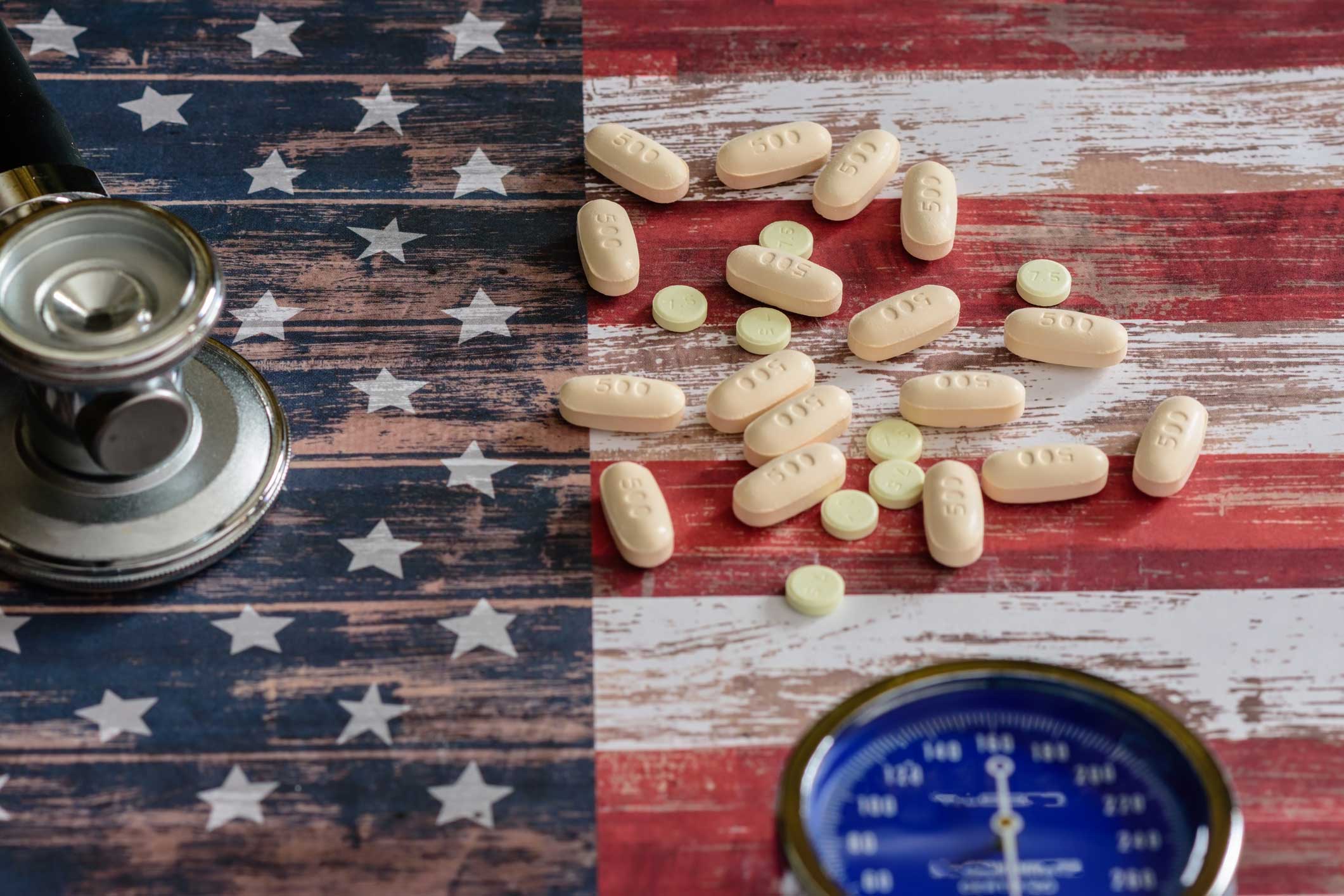<< Back
Meriden Opioid Recovery Program a Blueprint for Getting Help After Overdose

June 22, 2021
By Jessica Matyka, LCSW
Rushford Clinical Director
When Julio Santos woke up in the emergency room after a heroin overdose, the first person he saw was John Potter, clinical manager at Rushford.
Potter had received a call from Meriden first responders as part of the Meriden Opioid Referral for Recovery (MORR) program – a grant-funded program that connects individuals who have experienced an overdose or opioid-related emergency with Rushford clinicians to facilitate access to treatment, resources and case management.
For Santos, the MORR program was a lifesaver. What started as an alcohol problem progressed over time into pills then cocaine and eventually heroin, and the overdose served as a wake-up call. With the help of the MORR program, he was able to get the help and resources he needed to start his journey to recovery.
MORR addresses a problem that affects not only Meriden, but Connecticut and the rest of the country. Opioid overdose is now the leading cause of accidental death in Connecticut. Last year, the state had over 1,370 overdose deaths, up from 1,200 in 2019. On a local level, Meriden had 34 opioid overdose deaths last year, compared to 17 in 2019.
For many who overdose, there is no one waiting at the bedside. The cycle of overdose, hospitalization and discharge repeats endlessly, or worse. MOOR meets people wherever they are, asks what would be helpful and supportive and works to motivate them toward change.
Since the launch of MORR in 2019, 150 overdose victims in Meriden have been connected with treatment.
Rushford, part of Hartford HealthCare’s Behavioral Health Network, and the city of Meriden have partnered to make MORR possible with funding from a Substance Abuse and Mental Health Services Administration (SAMSHA) grant. The program assists people ready for treatment, providing community-based support for those who are not ready. MORR also provides community education around prevention, including naloxone training, a potentially life-saving drug that reverses the effects of an overdose.
Innovative programs like MORR are a key part of the solution, but we can all help to curb the tide of the opioid epidemic and save lives. If you suspect someone has overdosed, call 911 – even if you are in possession of substances yourself. Connecticut’s Good Samaritan Law protects you from being prosecuted on criminal charges for possession of controlled substances or paraphernalia when you call 911 to report an overdose.
Free naloxone training is also available to Meriden residents. During the training, you will learn about rescue breathing, what naloxone is, how to administer it, and local resources. You will also receive a free naloxone kit. For more information, email edemerchant@meridenct.gov.
If you or someone you know is struggling with addiction, help is available. Rushford and the Hartford HealthCare Behavioral Health Network offer Medication Assisted Treatment Close to Home (MATCH) programs for treatment of addiction to drugs or alcohol. Please call Rushford’s Access Center at 877.577.3233 to be connected to clinicians and resources.
Rushford, a member of the Hartford Healthcare Behavioral Health Network, offers a full range of addiction and mental health treatment for adults and teens throughout central Connecticut at its locations in Avon, Durham, Cheshire, Glastonbury, Meriden, Middletown and Portland.